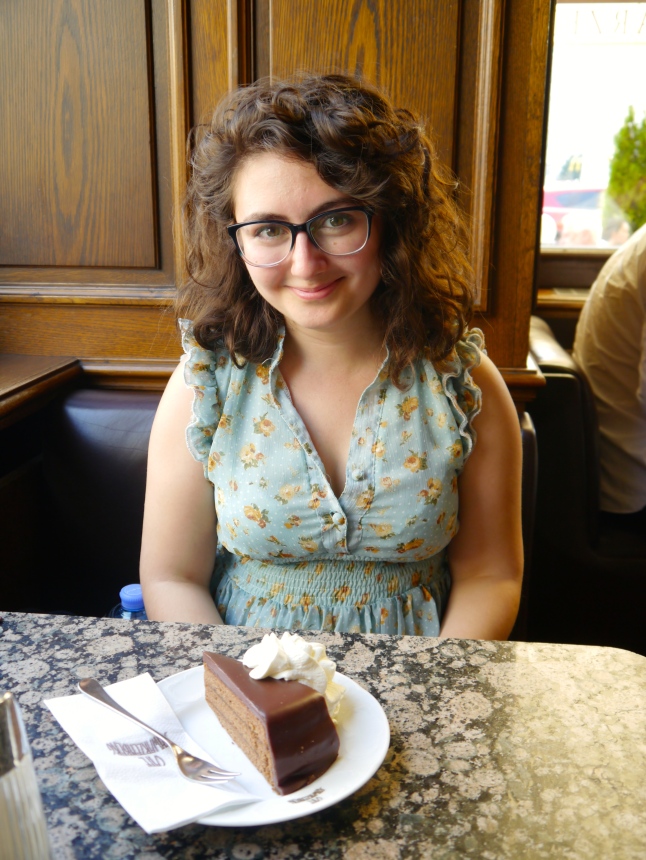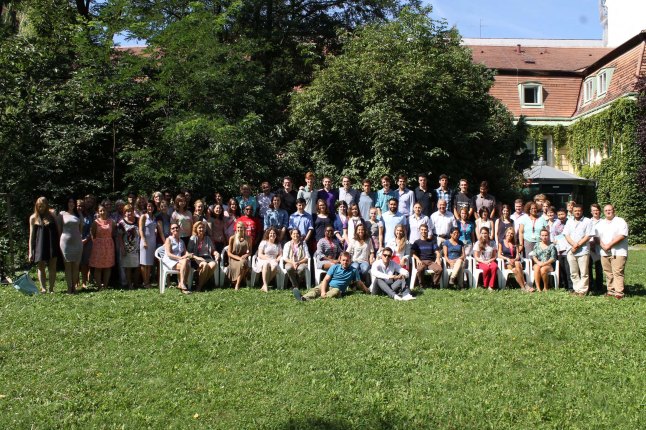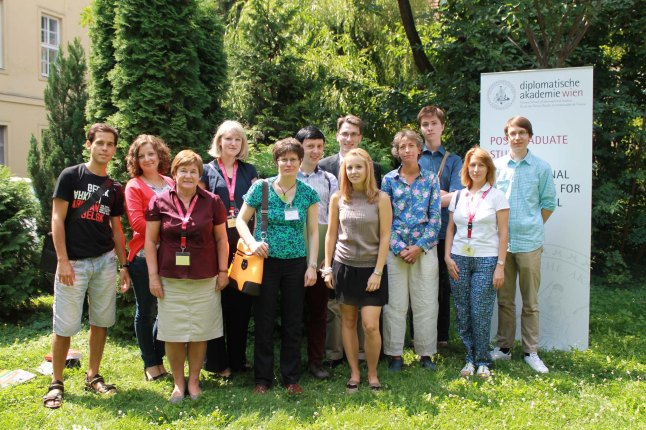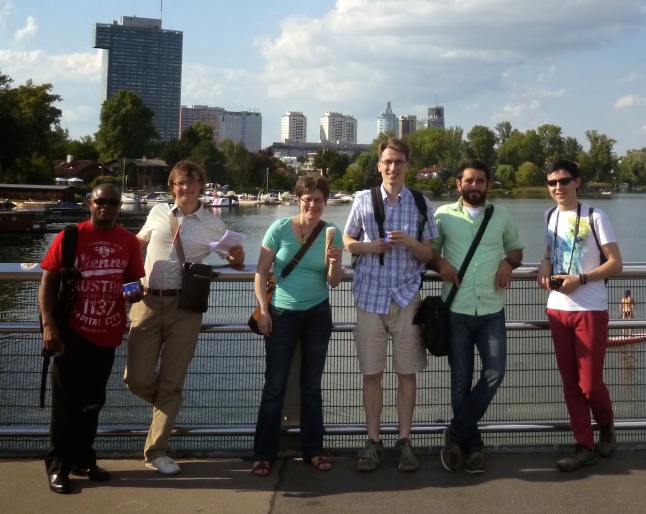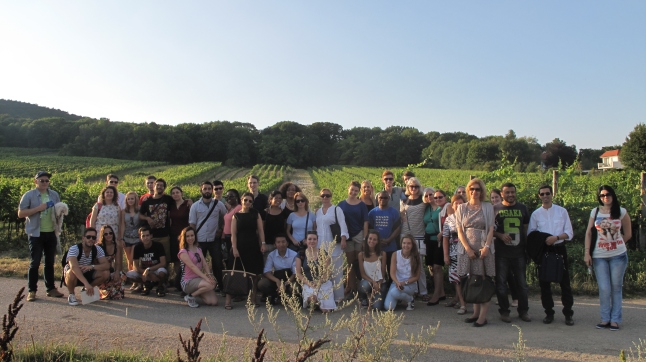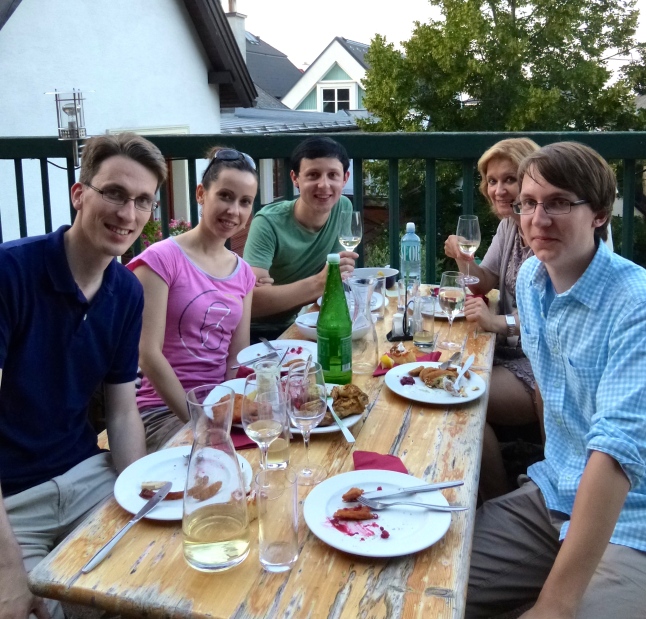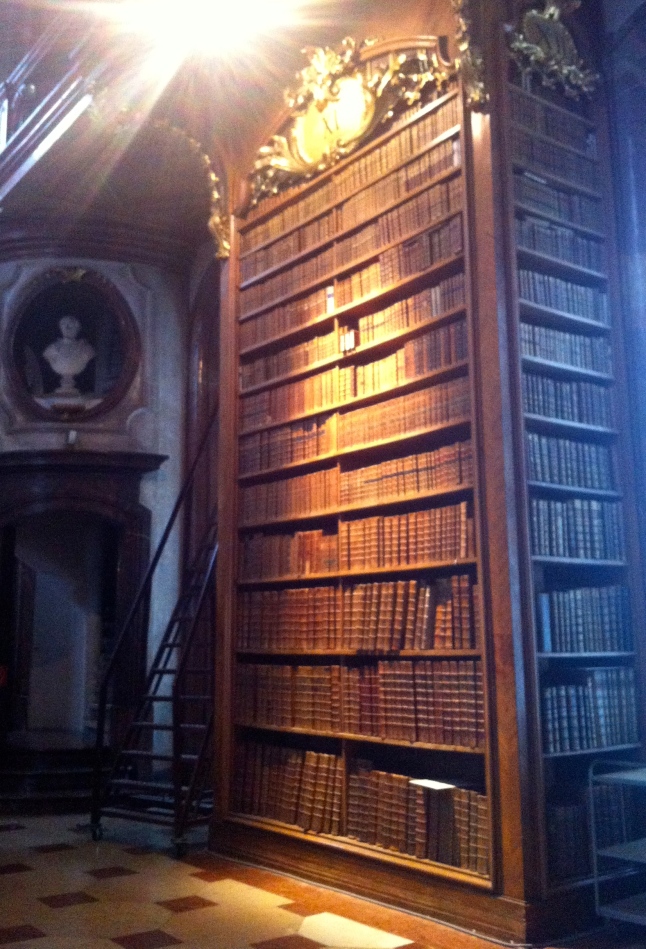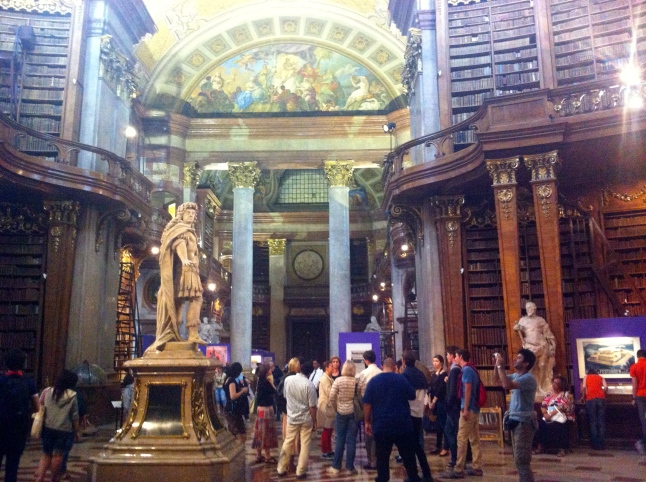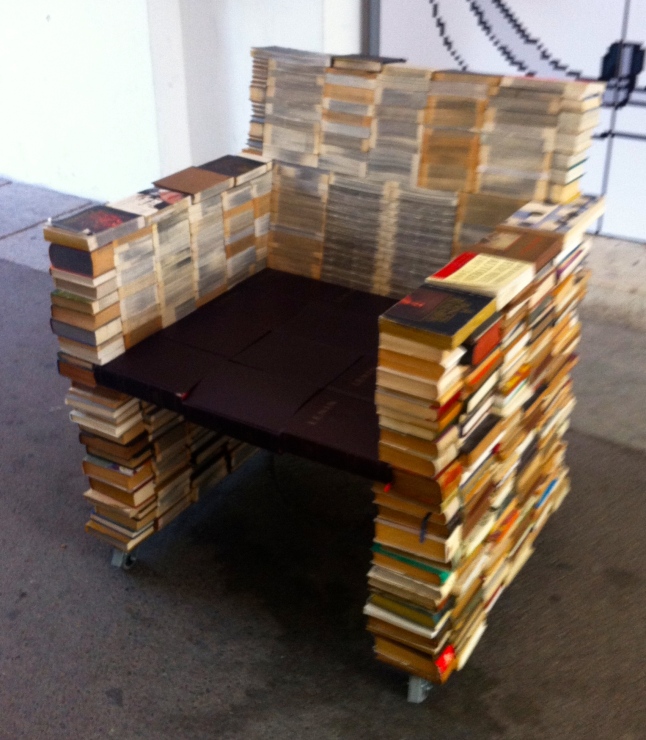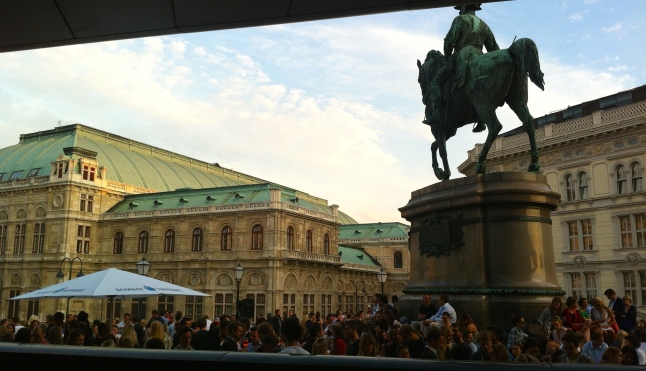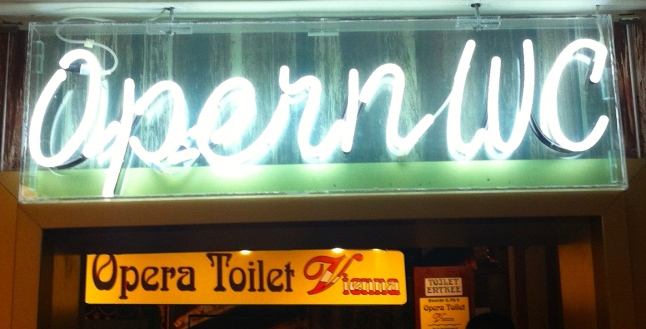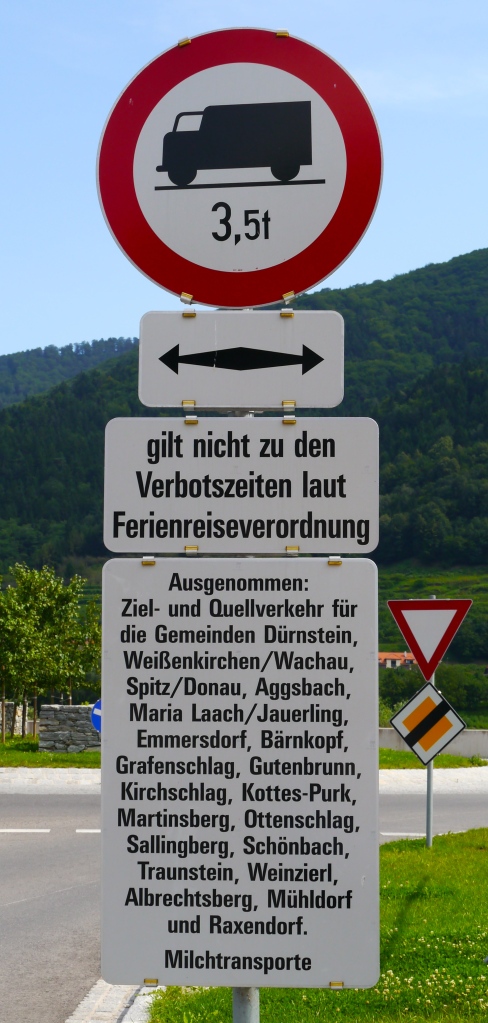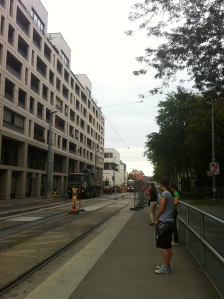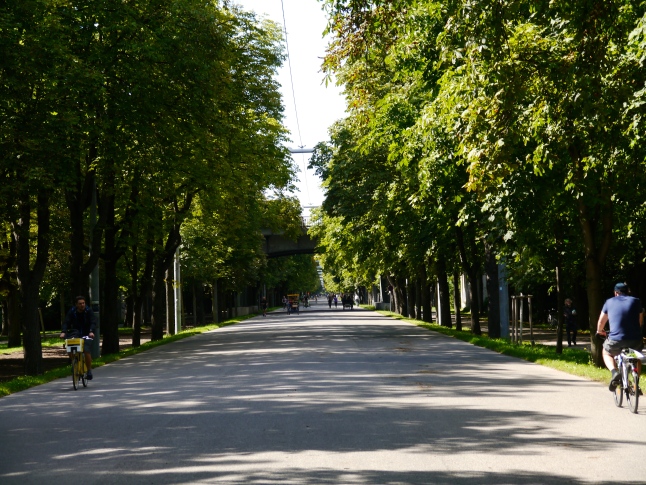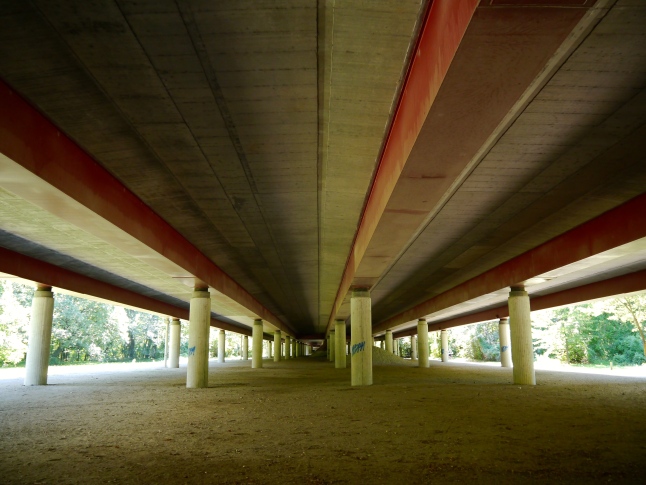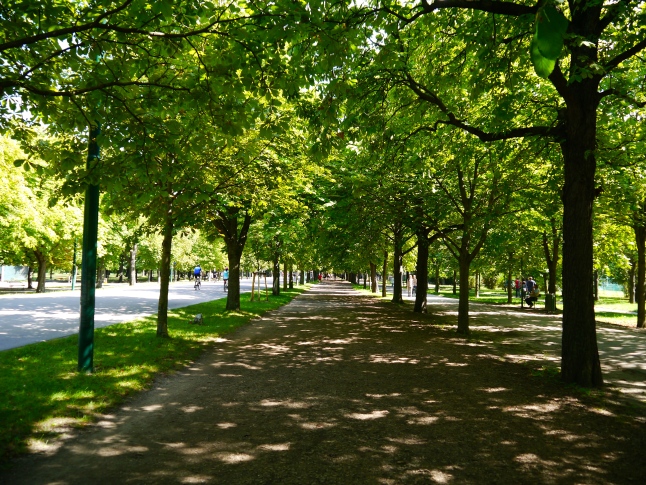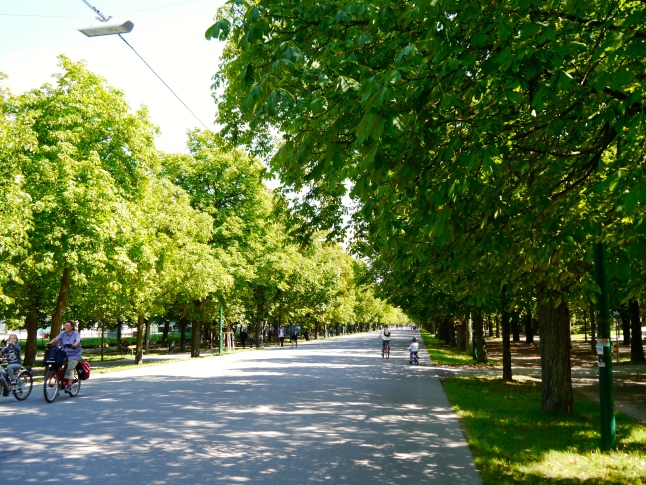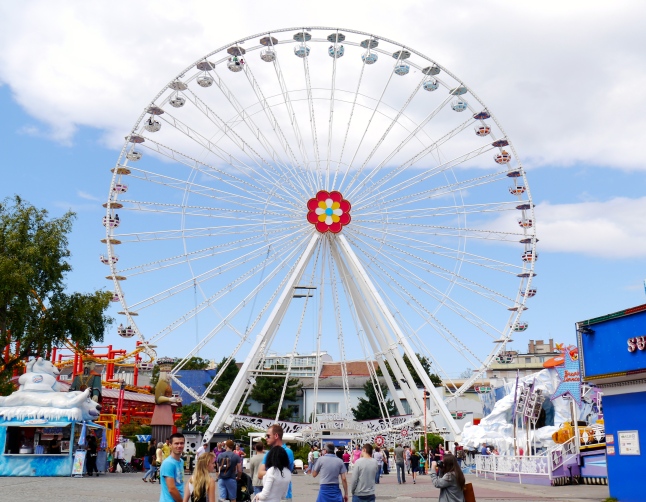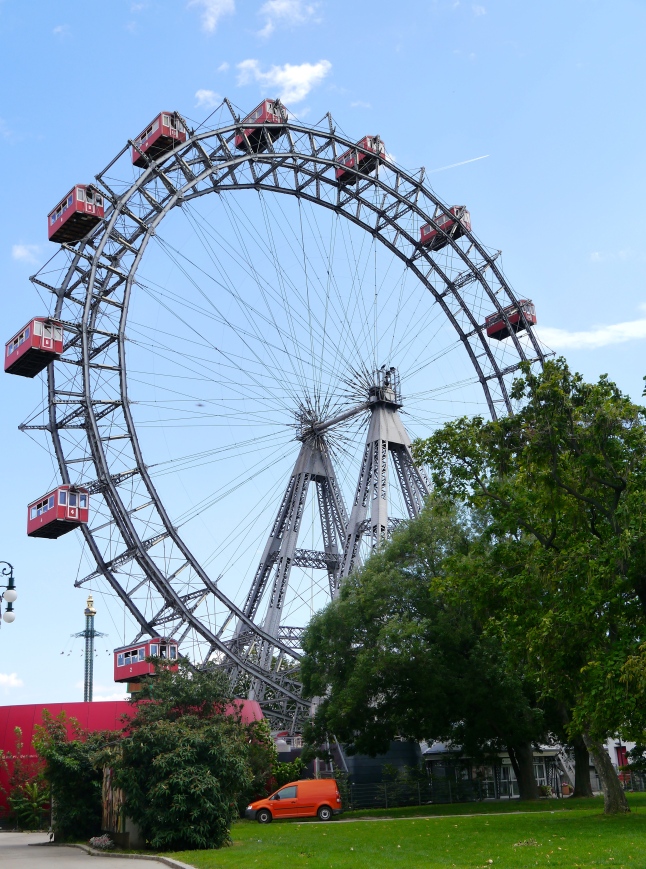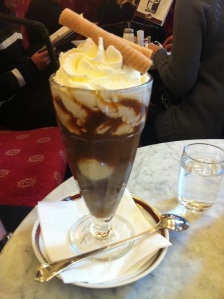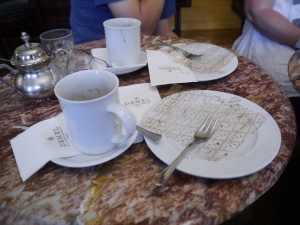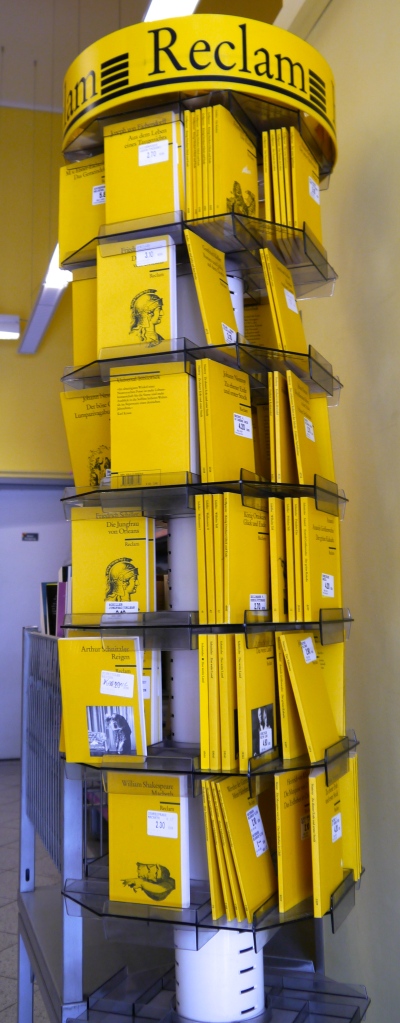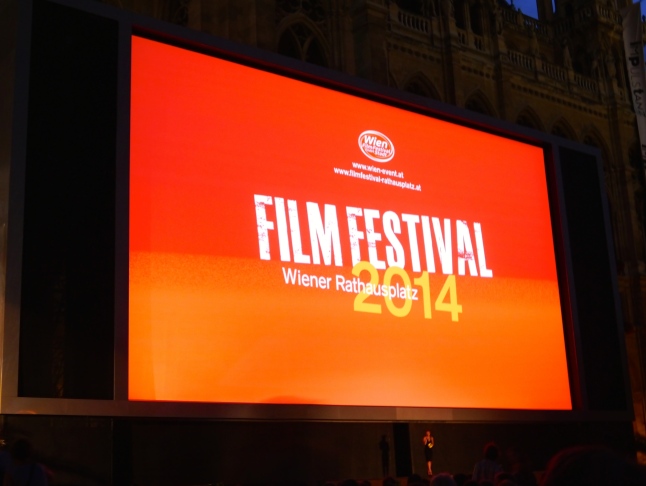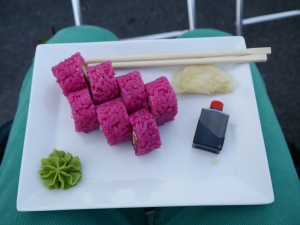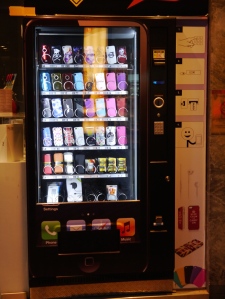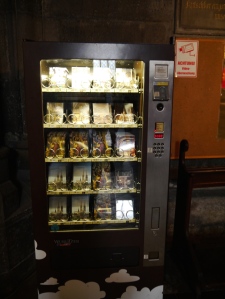I’m Tom and I’m from England.
I’m Tom and I’m from Great Britain.
I’m Tom and I’m from the United Kingdom.
I’m Tom and I’m from the British Isles.
In the past 3 weeks, I’ve introduced myself in all of these ways. (Ok, maybe not the last one, but you get the idea.) And yes, I’m now having a bit of an identity crisis about it. Now, before you all start shouting, telling me that there are clear differences, let me stop you. I do know the differences between all of the 4 options above, and I can (and have had to) explain the them in German as well as English. That still doesn’t prevent me from mixing between them when introducing myself.
As someone who’s always lived in England, part of this seems to be how specific I want to be. Part of it also depends on the context or the conversation; for example, when people have asked me about the current situation in the UK with the Scottish referendum, I’ve usually explained as part of that that I’m from England, and so my perception of it is different from that of someone in Scotland. Part of it is also just laziness, in that England is shorter than Großbritannien (Great Britain) or Der Vereinigte Königreich (United Kingdom). In English, it’s slightly different because the latter is usually just shorted to UK, but sadly that doesn’t seem to be a thing in German.
To focus on the linguistic side of things (as I’m prone to do, being a languages student and all…), I’ve event felt a slight detachment from my own mother tongue since being in Germany. Of course, there is the occasional moment on a museum tour where the tour guide asks for someone to translate a word into English to try and make sure that everyone understands a point they’re making, and there’s certainly no shortage of people who speak English on the summer course as a second (or third etc.) language, but there’s still a noticeable difference for me between this form of English and the language I hear when I’m back home in the UK.
As I’ve already said in another post, there are a couple of other people on the course who speak English as a mother tongue, but they’re all from Canada and the US, so even though they don’t have the same stilted speech that those who have learnt English as a foreign language have, they still have what on some level you could call a different language. There are different idioms, words are used in different ways and with different frequencies, and they have different ways of expressing certain thoughts or emotions (or is it that they have different thoughts and emotions because of their language? A debate for another time.) Their use of language is barely foreign to me, given the proliferation of US media in the UK, and I often find myself slipping into their register and even accent after speaking to them for a while, but it still doesn’t quite feel the same as my native English.
However, thanks to various friends being in Vienna this month, I have had a few opportunities to meet up with people here who speak in such a way that I barely think twice about the language itself. Firstly, I had the pleasure of going for a quick coffee and a slice of cake with this charming young lady about two weeks ago:
Manuella was in Vienna for a week at an interfaith Jewish-Muslim conference, and so part of our conversation was about that, including the Jewish history and influences in Vienna, which is far richer than I had first imagined. I also really enjoyed talking about the influence of Muslim cultures and countries that’s visible in Vienna, as I’ve noticed quite a few women wearing the hijab and also several in the full burka. As I found out from Manuella, Vienna is becoming a popular destination for Turkish tourists, hence why I’ve usually only seen these women in and around the city centre.
Manuella was only in Vienna for a week and had a fairly packed programme to boot, so we ended up not having very long before she had to be back for the next part of the conference. Naturally then, I figured going to a Kaffeehaus would be a good opportunity for her to see a bit more of Viennese culture, and I was hardly going to say no to an Eiskaffee and cake. On what may have been one of her only tourist moments in Vienna, I’m happy that I managed to convince her to go for the epitome of Viennese café culture: Sachertorte and an Eiskaffee.
Just after our Eiskaffees arrived, an American couple on a neighbouring table, having heard us speaking English, lent over and asked us what we’d ordered. That’s two more people converted to the glorious Eiskaffee…
That Saturday turned out to be a rather anglophone sort of day. It was a brief exchange, but it felt a bit out of the ordinary for me, seeing as I’ve had periods of several days at a time here where I haven’t spoken or even thought any English, and then I have days like that when I have conversations with several different people in English.
After I’d said goodbye to Manuella and continued on the U-Bahn back to my hostel, I met another anglophone group, this time in the form of an Australian family who were also getting off at my stop and who then were trying to locate the elevator. Sorry, lift. See what’s happening to my beautiful British English?! Anyway, these people were looking for the lift and weren’t getting very far with asking someone who didn’t speak particularly good English. Being the kind and considerate citizen I am, I went and explained to them where it was and walked with them down the platform to it. Having heard me speak, one of the group then made a comment about the fact that I didn’t sound like I was from Vienna, so I explained how I’m from the UK but studying in Vienna at the moment. Again, it was only a short exchange, but it was one of a few little moments of ease, being able to express yourself without being confined in your thinking by a foreign language or being forced to come up with clumsy ways of communicating your ideas. As I’ve said, it wasn’t much, but it was just another little thing that helped brighten my day.
Flash-forward a week or so, and I got to meet up with another group of anglophone friends, this time Sarah and Charlotte, both linguists who I know from Oxford. Sarah also studies German and is currently in Vienna too, working as a receptionist at the moment in a languages centre and later she’s working in the International Office of one of the universities here. Charlotte was in Vienna on holiday with both of her sisters, and thankfully they were all free on the one free evening I had during the time that Charlotte was in Vienna for. We ended up walking around the city centre near the Opera house where we met up, and despite the busy tourist streets, we managed to find a nice student-budget friendly restaurant that did typical Viennese cuisine for dinner. It even catered for vegetarians, so I managed to try Schnitzel, despite having previously resigned myself to the fact that I wasn’t going to, given that it’s almost always made with meat of some kind.

Charlotte, Sarah and I about to watch Orfeo ed Eurydice. Let’s not talk about the face I’m pulling here…
After we’d enjoyed our dinner and settled the bill despite a waiting team determined to speak English to us, we decided to go to the Rathausplatz and see what was on at the film festival there. Charlotte and her sisters had also found another outdoor cinema that was on at the same time, but as the weather was starting to turn and we didn’t have much in the way of warm and weatherproof clothing with us, we opted for the Rathaus cinema, where there was at least a cover and the hope of warmth generated from the crowds that go for the various food stalls there. We walked through the city centre, arriving just before the showing started, and ended up staying for the whole thing, which turned out to be a filmed version of Gluck’s Orfeo ed Euridice. As time was getting on once the opera was finished, we parted ways and I headed back to the hostel with the exciting thought of grammar exercises on inseparable verbs to get me through the journey on public transport.
